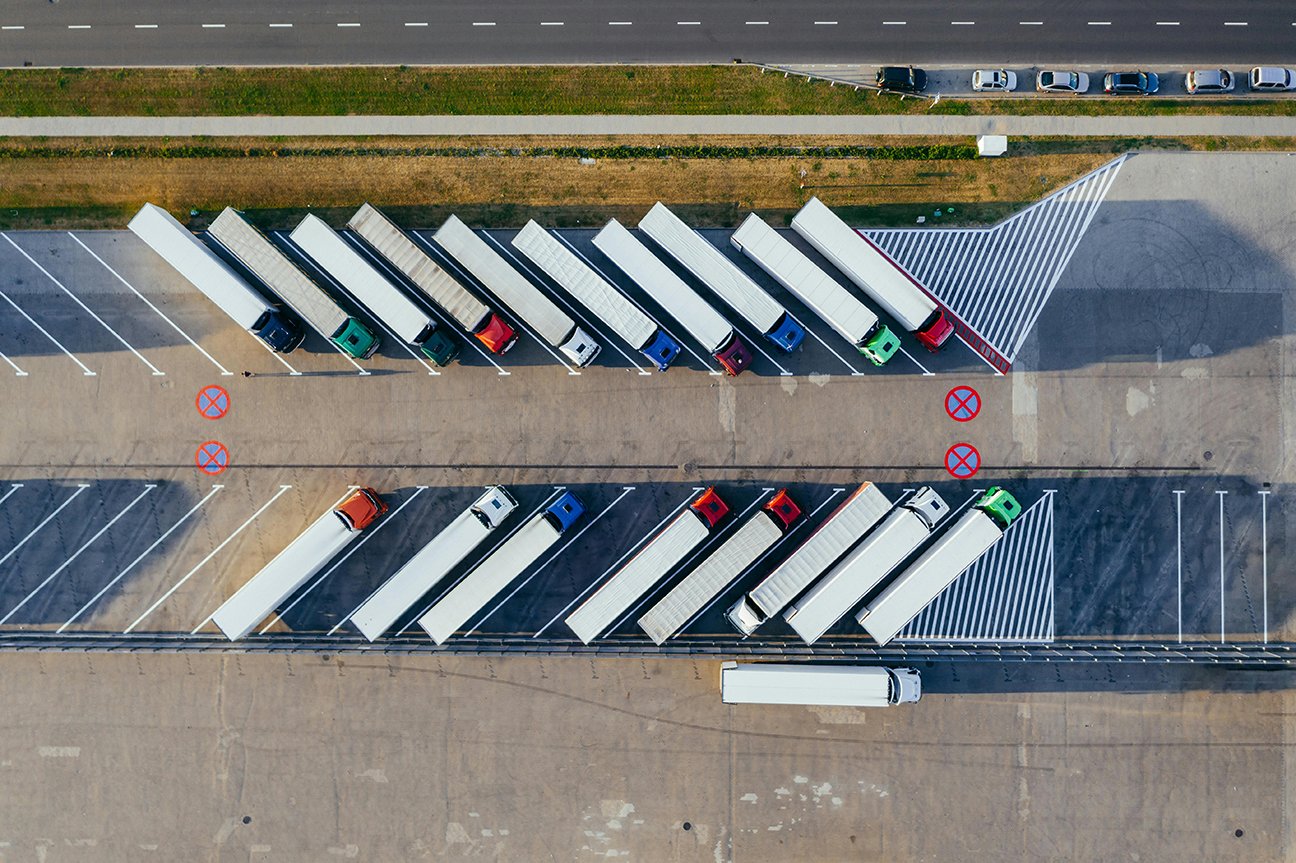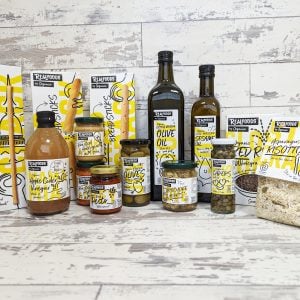
Post-Brexit food import rules that came into force at the start of this year are “stupid” and a “disaster”, independent retailers have warned.
Small shops said bringing meat, fruit and vegetables in from mainland Europe had become slower, costlier and more difficult since new documentation was required.
Under the government’s Border Target Operating Model (BTOM), export health and phytosanitary certificates have been mandated for “medium-risk” fresh food brought in from EU countries since 31 January (see box).
Ministers say the new system will save traders millions of pounds and improve control of imports but retailers took a different view.
David Josephs, chief executive at Panzer’s Delicatessen in London, said: “We are hearing from small suppliers that the new regulations make them more likely to pull out of the UK market.
“It is the cost, the delays, the uncertainty. The paperwork is ridiculous. For a small producer with volume clients in the EU and a couple of small retailers in London it isn’t economical to continue. This will reduce our range.”
He added: “A fifth of our shipments get delayed by a day; some fruit and veg is four or five days late and straight in the dustbin. No one could have dreamed of a more stupid situation.”
Panzer’s in now “actively looking” at forming its own company in the EU to ship all its orders but Josephs said there were “a lot of costs and complications involved”.
Andreas Georghiou, long-time owner of high-end grocer Andreas of Chelsea Green described the rule changes as “a disaster”.
“I have stuff stuck in Naples, orders held up in the UK,” he said. “There is more of everything to do now. You need a vet to come to check the meat.
“It takes a day longer to get fruit and veg in, just for the paperwork, which affects produce such as high-quality berries. You also have less time to sell it.”
One London retailer who spoke anonymously added: “The reality is that the people most able to deal with this are those with established export routes, who are supplying other markets. Generally these are larger, less interesting companies who can manage the costs through volume.
“You are likely to see a gradual shift in produce: less diversity, less of a rich offering. Smaller artisan producers that make amazing things won’t have the volume or internal systems to continue supplying London.”
This article first appeared in the March 2024 edition of Fine Food Digest .



